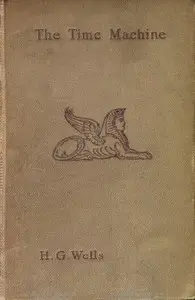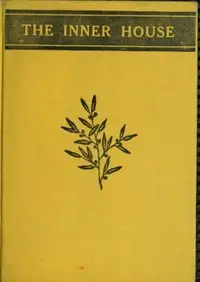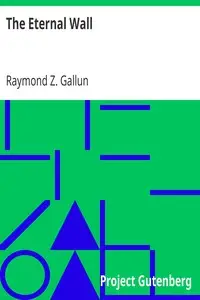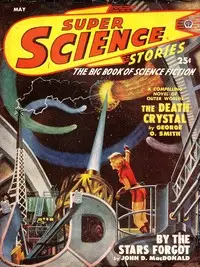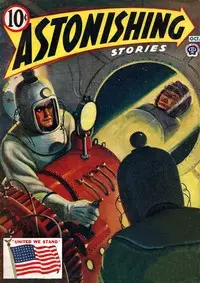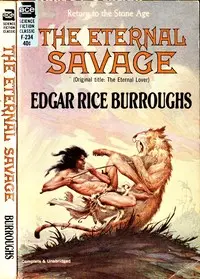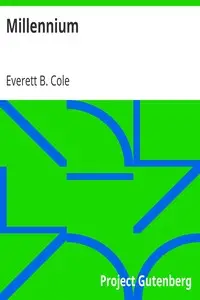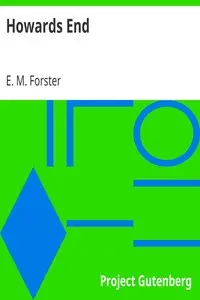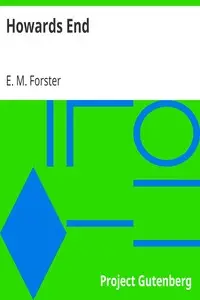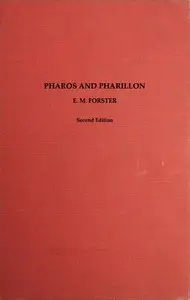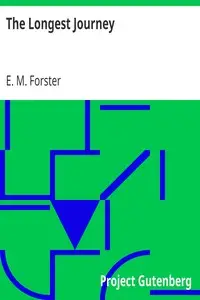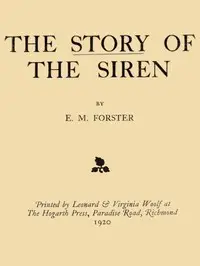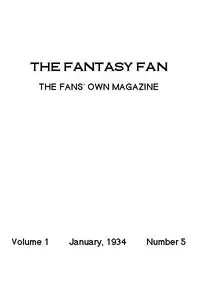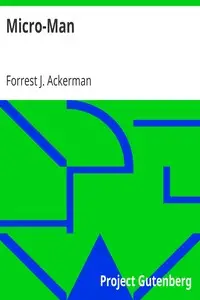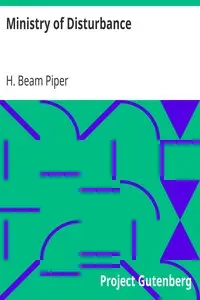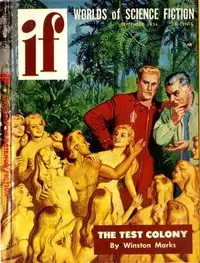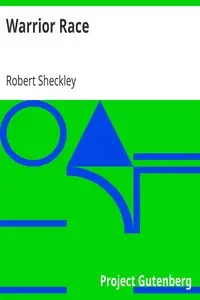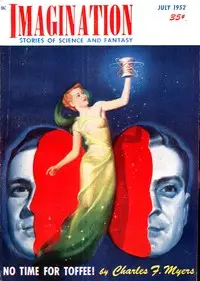"The Eternal Moment and Other Stories" by E. M. Forster is a collection that starts with a look into a future where people live separated underground, trusting a giant Machine for everything that they need. The main character, Vashti, talks to her son, Kuno, who tries to get her to leave the Machine's world, but she doesn't want to. This opening shows a world where technology controls human life and contact between people isn't real. When Kuno wants to see the Earth's surface and turns away from the Machine, the story begins to show the importance of being free, experiencing things directly, and the risks of depending too much on technology. The fight between Vashti and Kuno makes us think more deeply about what it means to be human and to exist outside of machines, suggesting there could be serious problems when a society is too focused on technology and isn't connected.
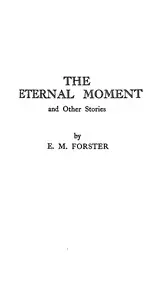
The eternal moment, and other stories
By E. M. (Edward Morgan) Forster
In a world run by a giant Machine, a mother and son clash over the meaning of freedom and the importance of experiencing life beyond technology's reach.
Genres
Released
2024-02-07
Formats
epub
mobi (images)
epub3 (images)
epub (images)
txt
Free Download
Summary
About the AuthorEdward Morgan Forster was an English author. He is best known for his novels, particularly A Room with a View (1908), Howards End (1910) and A Passage to India (1924). He also wrote numerous short stories, essays, speeches and broadcasts, as well as a limited number of biographies and some pageant plays. He also co-authored the opera Billy Budd (1951). Many of his novels examine class differences and hypocrisy. His views as a humanist are at the heart of his work.
Edward Morgan Forster was an English author. He is best known for his novels, particularly A Room with a View (1908), Howards End (1910) and A Passage to India (1924). He also wrote numerous short stories, essays, speeches and broadcasts, as well as a limited number of biographies and some pageant plays. He also co-authored the opera Billy Budd (1951). Many of his novels examine class differences and hypocrisy. His views as a humanist are at the heart of his work.
Total Reviews
10.0k
Total reviews from Goodreads may change

